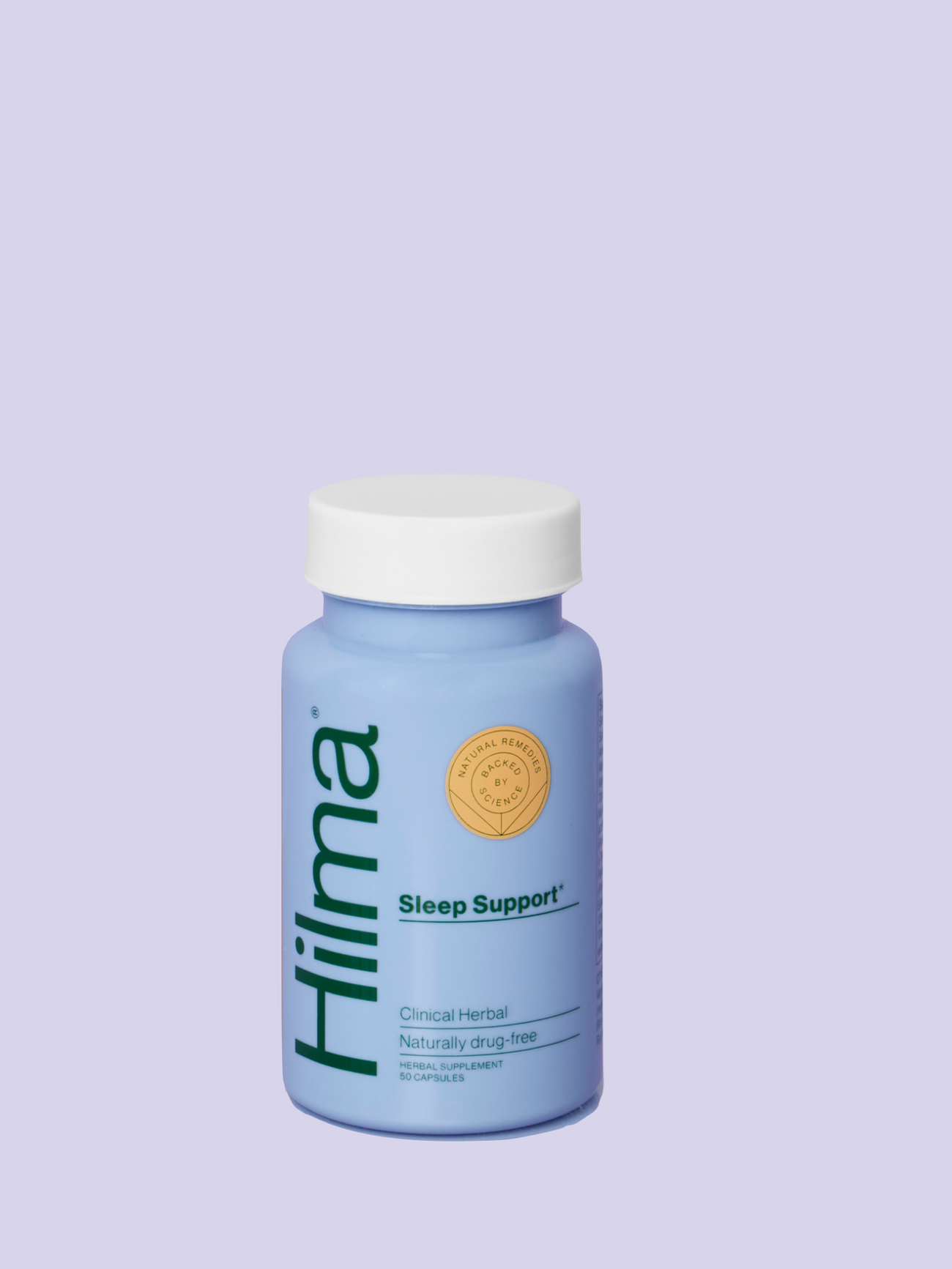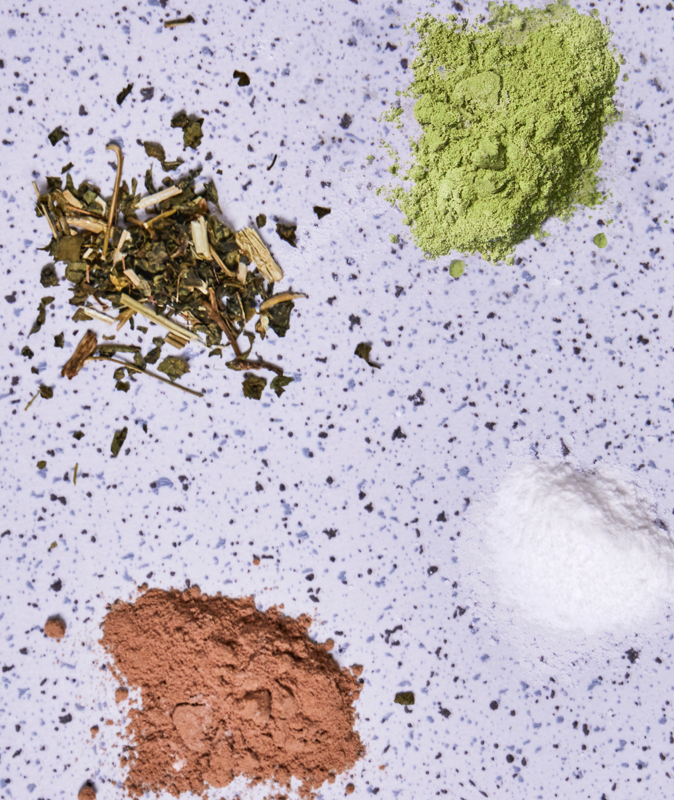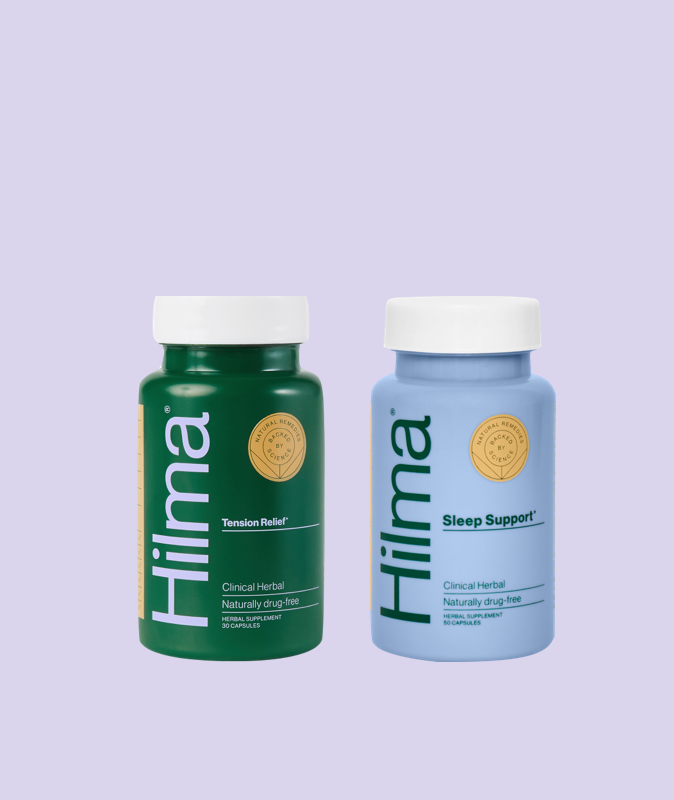
The Role of Food in Sleep and Overall Wellness
Our bodies are finely tuned ecosystems, with each system working in harmony to maintain optimal health. One of the most underestimated factors in this delicate balance is food. The connection between what we eat and how our body functions isn’t just about weight management or energy levels—it’s about everything, including sleep. Sleep isn’t just a period of rest; it’s a time for repair, detoxification, and hormonal regulation. What you eat during the day and, more importantly, before bed can make or break a good night’s sleep. From the gut-brain axis to blood sugar regulation and detoxification processes, food can significantly influence how well you rest.
The Gut-Brain Axis and Your Circadian Rhythm
Let’s start with the gut-brain axis—a communication superhighway between your digestive system and your brain. This two-way relationship impacts mood, stress response, and, yes, sleep. The gut houses about 70% of your immune system and produces 90% of your body’s serotonin, a precursor to melatonin, the hormone responsible for regulating your sleep-wake cycle.
Your circadian rhythm, the internal clock that dictates when you feel awake or sleepy, is deeply intertwined with gut health. Disruptions in the gut—from poor diet, stress, or overgrowths like SIBO—can throw off this rhythm. For example, if your gut isn’t producing enough serotonin, your melatonin levels will also suffer, leading to restless nights. Essentially, if your gut is out of sync, your sleep likely is, too.
Blood Sugar Spikes and Sleep Sabotage
Blood sugar imbalances are another major sleep disruptor. When you consume foods that spike your blood sugar—think refined carbs, sugary snacks, or even high-glycemic fruits close to bedtime—your body releases insulin to bring levels back down. This sharp rise and subsequent crash can trigger cortisol, your stress hormone, to step in and stabilize your blood sugar. Elevated cortisol at night interferes with melatonin production, making it harder to fall and stay asleep.
Even worse, blood sugar crashes during the night can wake you up. Ever experienced that dreaded 3 a.m. alertness? That could be your body’s response to a nocturnal blood sugar dip. Your liver, in an attempt to compensate, releases glucose, which further stimulates cortisol production. The result? A vicious cycle of poor sleep and metabolic stress.
Poor Digestion, Detoxification, and Sleep Quality
Digestion doesn’t just stop when you go to bed. If your digestive system is overworked or sluggish, it can impact your liver’s ability to detoxify—a critical process that happens during deep sleep. Foods that are hard to digest or inflammatory, like ultra-processed snacks or large, raw salads, can keep your digestive system on overdrive, stealing energy from the restorative processes your body needs during sleep.
When digestion is compromised, toxins and byproducts linger in your system longer than they should. This toxic overload can disrupt your sleep by triggering inflammation and keeping your nervous system in a state of low-grade stress. If your liver’s detox pathways are clogged, it’s like trying to clean a house while the vacuum’s broken—inefficient and frustrating.
Foods That Sabotage Sleep
While no food is inherently evil (except maybe ultra-processed ones), some are notorious for disrupting sleep. Let’s explore these in detail:
-
Ultra-Processed Foods: Ultra-processed foods are often loaded with refined sugars, unhealthy fats, preservatives, and artificial additives. These ingredients can lead to chronic inflammation, which affects sleep quality by disturbing the body’s natural repair processes during rest. Additionally, these foods often contain high levels of sodium, which can cause dehydration and disrupt the body’s electrolyte balance, making it harder to stay asleep. For example, studies have shown that people who consume diets high in processed foods are more likely to experience insomnia and sleep disturbances. This is partly due to their impact on gut health—an imbalanced gut microbiome can alter the production of sleep-regulating neurotransmitters like serotonin.
-
Refined Sugar Foods: Refined sugar doesn’t just cause a blood sugar spike; it also impacts brain chemistry. Consuming sugary foods triggers the release of dopamine, a neurotransmitter associated with pleasure and reward. While this might feel good initially, it can overstimulate your nervous system, making it harder to wind down. Furthermore, excess sugar consumption has been linked to an increase in orexin activity, a neuropeptide that promotes wakefulness. This is why a dessert or sugary drink before bed can leave you feeling restless. Research also suggests that high sugar intake reduces the time spent in deep sleep, which is the most restorative phase of your sleep cycle.
-
Big Raw Salads or Voluminous Raw Veggies: While raw vegetables are nutrient-dense and beneficial during the day, their high fiber content can be hard to digest, especially close to bedtime. Foods like broccoli, kale, and cabbage contain raffinose, a complex sugar that ferments in the gut, producing gas and bloating. This digestive discomfort can disrupt sleep by activating the body’s stress response. Additionally, raw vegetables take longer to break down in the digestive tract, meaning your body is still working hard when it should be shifting into a state of rest. Opting for lightly steamed or roasted veggies in the evening can help mitigate these effects.
-
Spicy Foods: Spicy foods, while delicious, can be a double-edged sword for sleep. Capsaicin, the compound that gives chili peppers their heat, can elevate your core body temperature. Since your body naturally cools down as it prepares for sleep, this temperature increase can interfere with your circadian rhythm. Moreover, spicy meals can exacerbate acid reflux or heartburn, particularly when eaten close to bedtime. The discomfort from these conditions can wake you up during the night or prevent you from falling into a deep sleep. Research has also indicated that consuming spicy foods before bed can reduce the amount of REM sleep, leaving you feeling less refreshed the next day.
-
Caffeine-Containing Foods and Drinks: Caffeine is a well-known stimulant that blocks adenosine, a neurotransmitter that promotes sleep. While coffee and energy drinks are obvious culprits, other sources like chocolate, tea, and even some medications can contain enough caffeine to disrupt sleep. Caffeine’s half-life—the time it takes for half the substance to be eliminated from your body—is about 5-6 hours, meaning even an afternoon dose can linger in your system. For sensitive individuals, even trace amounts of caffeine can result in fragmented sleep or difficulty entering deeper stages of rest. Switching to herbal teas or caffeine-free alternatives in the afternoon and evening can help protect your sleep.
-
Alcohol: Alcohol is often mistakenly thought of as a sleep aid due to its sedative effects. While it may help you fall asleep initially, alcohol disrupts the sleep cycle, particularly REM sleep. REM sleep is crucial for cognitive function, memory consolidation, and emotional regulation. Furthermore, alcohol acts as a diuretic, increasing the likelihood of waking up to use the bathroom during the night. It also relaxes the muscles in the throat, which can exacerbate snoring or sleep apnea. Alcohol is highly inflammatory as well, which can disrupt the body’s natural repair processes during sleep. Limiting alcohol consumption or avoiding it entirely in the evening can significantly improve sleep quality.
Timing Matters: The Case for Balanced Late-Night Snacking
Not all these foods need to be completely avoided, but timing is crucial. Aiming to finish your last meal at least three hours before bed allows your body to focus on repair and restoration rather than digestion. However, going to bed hungry isn’t ideal either, as it can lead to low blood sugar and disrupt your sleep.
If you need a late-night snack, opt for these clean, blood sugar-balanced combinations:
-
A small handful of almonds with a few slices of apple: Provides healthy fats, protein, and a touch of natural sugar for stable energy.
-
A boiled egg with a few cucumber slices: High in protein and easy on digestion.
-
Greek yogurt with a sprinkle of chia seeds and a drizzle of honey: Contains probiotics for gut health and a balance of protein and carbs.
-
A slice of turkey or chicken with half an avocado: Rich in tryptophan, a precursor to melatonin.
-
A rice cake with almond butter and a pinch of cinnamon: A light option with a balance of carbs, fat, and protein.
The foods you eat don’t have to be your sleep’s nemesis. By understanding how different foods interact with your body’s natural processes, you can make choices that support restorative sleep rather than sabotage it. Remember, it’s not just about avoiding certain foods but also about timing, portions, and combinations.
Your relationship with food is just as important as the food itself. Eating mindfully, nourishing your gut, and supporting your circadian rhythm will help you create a foundation for better sleep and overall wellness. After all, good sleep isn’t just about what happens when you close your eyes; it starts with the choices you make throughout the day.
If you're needing extra supplementary support after your late-night snack, try Hilma's Gas and Bloat, a powerful blend of herbs designed to relieve gas and bloating. This can help relax the gastrointestinal muscles and facilitate healthy digestion, therefore, healthy sleep.



